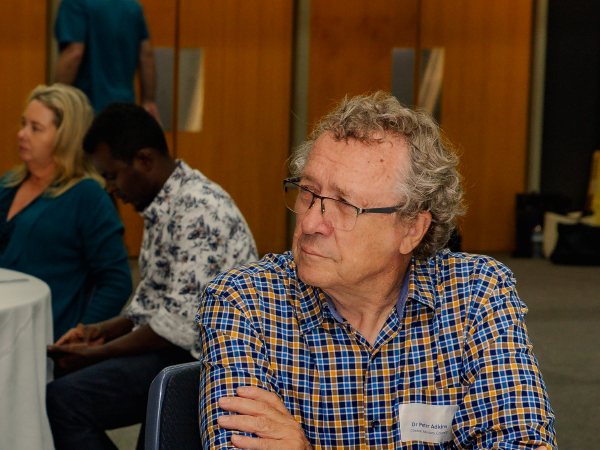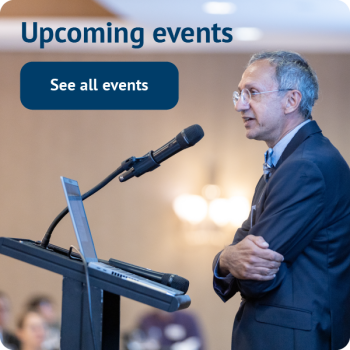Enhancing consultations: better coordination, clearer communication, and empowering patients as partners
By Dr Peter Adkins, General Practitioner
Even the most thoughtful, clinically sound consultation can fall short if patients are unable to understand or act on the advice they’ve been given. Recent insights from a pilot project with general practices in our region suggest that health literacy and coordination remain significant barriers to being able to deliver effective care.
Sometimes good care misses the mark. What do we hear from patients?
In busy consults, general practitioners (GPs) may assume patients leave with a clear understanding of the next steps. But for some—particularly those with low health literacy or complex social needs—that’s not always the case. The time and effort clinicians invest in care planning may have little impact if patients don't fully grasp the recommendations or feel unequipped to carry them out.
More than 8,000 patients across 9 general practices took part in a recent 9-month pilot project, providing new insights into the wellbeing and consultation experiences of patients in general practices.
"Patients often nod along, but that doesn’t mean they’ve absorbed the information," says one GP involved in the recent project. "Sometimes they’re overwhelmed or unsure but don’t say so in the moment."
Using Cantril’s Ladder—a simple, validated 10-point scale to assess life satisfaction— our project found that 9% of respondents (n = 3,870) rated their wellbeing below 5, suggesting they were struggling or suffering in life. These patients may be less likely to disclose psychological distress or social difficulties during a standard consultation unless prompted with sensitive, person-centred approaches.
The project also explored patient perceptions of person-centred care. While most respondents felt their needs were met most or all of the time, a number of gaps were identified:
13% felt their care could be better coordinated, highlighting a need for improved communication between care providers.
8% were uncertain about how to manage their own health—pointing to gaps in health literacy.
6% felt they weren’t given enough time to explain their concerns.
5% reported insufficient involvement in care decisions.
4% had trouble understanding health information.
Although patient self-reporting can sometimes be biased or inconsistent, these results reveal that a substantial minority experience barriers related to communication, health literacy, and broader socio-economic issues that may limit the effectiveness of care.
Why this matters for GPs
These findings underscore the importance of creating space within consultations for patients to open up about psychological and social concerns—especially those who may not visibly present with mental health issues. Even brief interventions or changes to practice systems—such as pre-consultation tools, shared decision-making aids, or better signposting to care coordination—can help.
Equally important is what happens after the patient leaves the room. Without well-coordinated communication between providers, or tools to support continuity, critical information can be lost in transit. Improving in these doesn’t require longer appointments or more paperwork. Small changes—like using plain language, confirming understanding with teach-back techniques, or providing a printed summary of key instructions—can help bridge the gap. Ensuring patients leave with a clear explanation of what to share with the other members of their care team, or uploading a shared care plan where possible, can also make a significant difference.
How general practices are making a change
Successful general practice models consider how their systems support patients in understanding, recalling, and enacting care recommendations. By targeting patients who may not feel heard or equipped to manage their health, general practices can improve the effectiveness of consultations and strengthen continuity of care.
Better coordination, clearer communication, and empowering patients as partners in their care are essential steps to improving outcomes—especially for those at risk of falling through the cracks. If you’d like to explore how to integrate these approaches into your practice, Brisbane South PHN can assist with tools, resources, and support.
Contact us via support@bsphn.org.au.

About the author
Dr Peter Adkins is a Brisbane-based GP with over 30 years of experience in community medicine. He has a particular interest in digital health innovation, health literacy and patient communication, and contributes regularly to professional development and mentoring for early-career GPs. Dr Adkins is also a Clinical Consultant for Brisbane South PHN, contributing to the development of evidence-based health programs for the local community.





